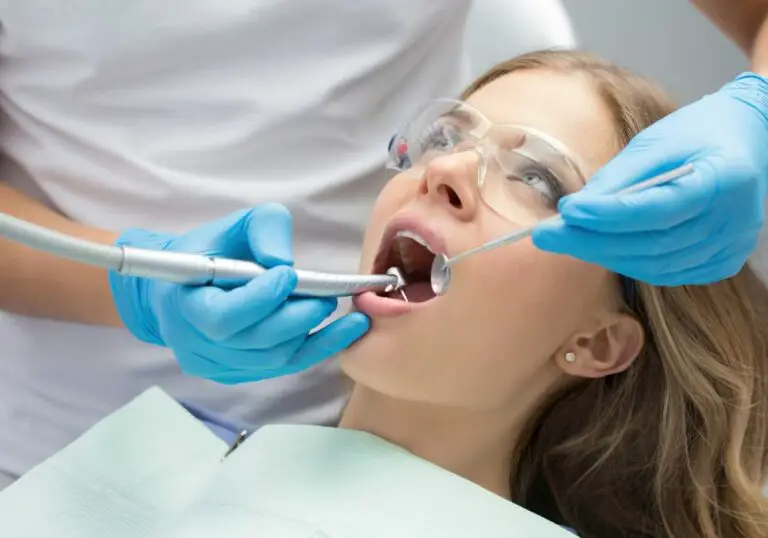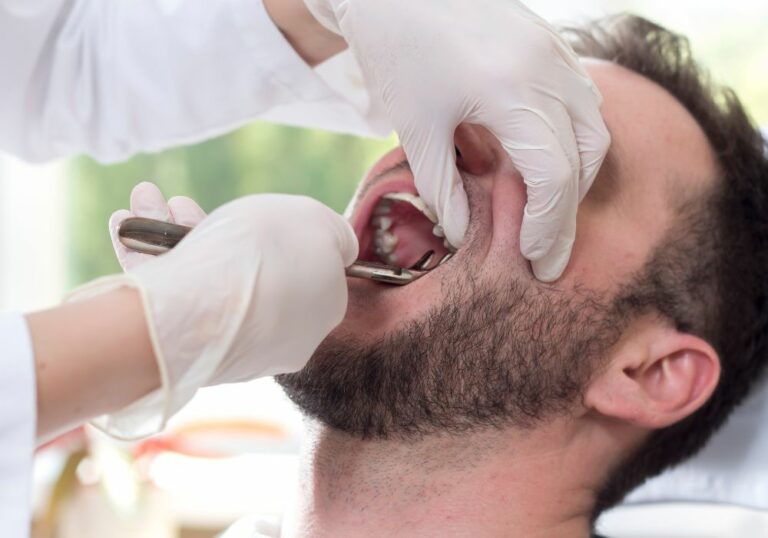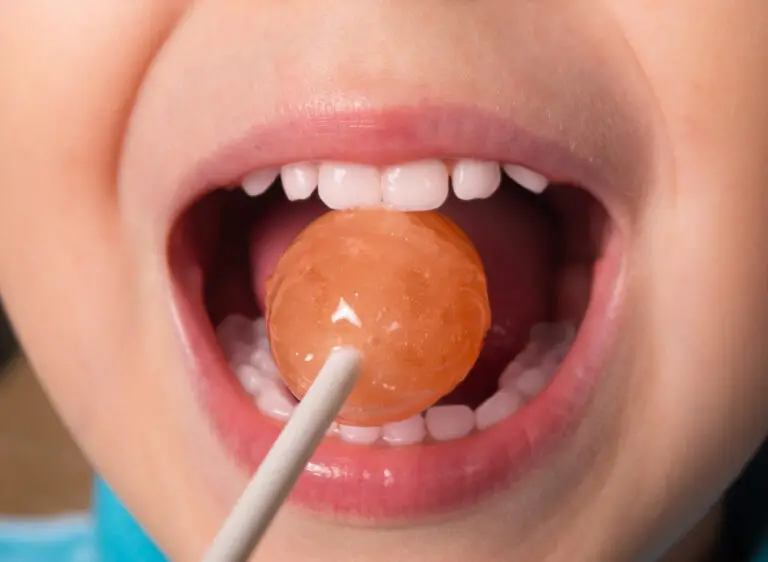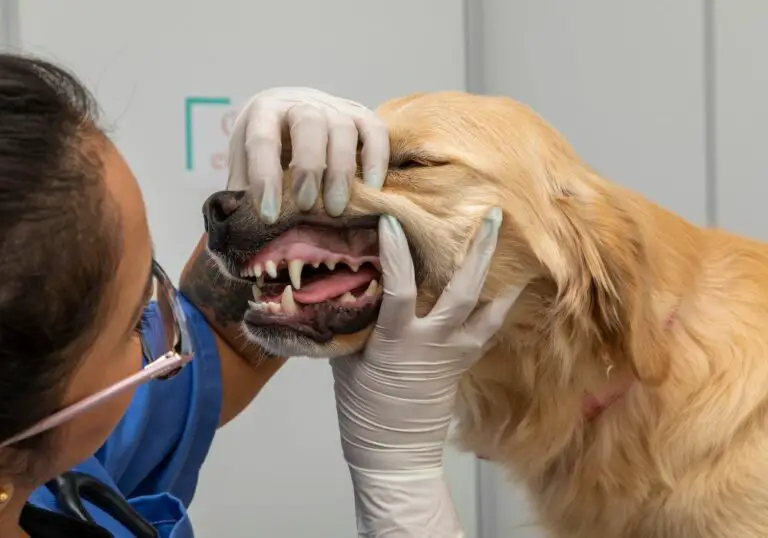Feeling pressure or even pain in your teeth when you have a cold is a common complaint. This uncomfortable symptom results from the close connection between your upper teeth roots and the maxillary sinuses located in your cheeks just below the eyes. When your sinuses get inflamed due to cold viruses, they can put pressure on the nerves of the upper teeth, leading to sensitivity and aching.
Understanding the underlying causes of this tooth discomfort can help you find the right solutions.
Anatomy Behind Tooth Pressure During Colds

The maxillary sinuses sit above the upper teeth, separated only by a thin barrier known as the Schneiderian membrane. This membrane is part of the nasal mucosa tissue that lines the sinus pathways connected to your nasal passages.
When you develop a cold or other nasal infection, the membranes become irritated and inflamed. As the sinus mucosa swells up, it encroaches on the bony walls of the sinus cavity. The inflamed tissue ends up pushing directly on the membrane lining around the upper tooth roots.
This pressure irritates the nerves inside the teeth, causing sharp pain with cold sensitivity that feels like it’s coming from inside the tooth. The second bicuspids and molars near the back of the mouth usually feel the most discomfort since their roots extend further into the maxillary sinus space.
What Causes Sinus and Nasal Inflammation During Colds
Colds are caused by viral infections of the upper respiratory tract, including the nasal passages and sinus pathways. The offending viruses are usually rhinoviruses, the most common cause of the common cold.
When these cold-causing viruses make their way into your nasal mucosa, they infiltrate the epithelial cells and start rapidly reproducing. This destroys many nasal cells in the process.
Your immune system quickly mounts an inflammatory reaction to fight off the virus. This involves:
- Recruiting white blood cells to the nasal and sinus membranes
- Increased blood flow to the infected area
- Swelling due to fluid leaking out of irritated blood vessels
Certain cells also release histamine, bradykinin, and other inflammatory chemicals that cause vasodilation and mucosal swelling.
The resulting inflammation, congestion, and edema (fluid retention) in the sinuses and nasal turbinates greatly increase the pressure on nearby tooth structures. Mucus production also ramps up, clogging sinus drainage pathways connected to the nose.
This pressure feels like an ache or heaviness within the upper teeth. It may come and go as the sinus congestion builds up and drains periodically throughout the cold.
Why Tooth Pain is More Likely During Colds
There are a few key reasons why colds often lead to tooth sensitivity while other types of infections generally do not:
- Location: Colds center in the nasal passages and sinuses directly above the upper teeth. Infections elsewhere don’t impact these structures.
- Sudden onset: The acute inflammatory response happens rapidly with colds versus gradually with other sinusitis causes. This quick swelling puts immediate pressure on tooth nerves.
- Severely inflamed mucosa: Rhinovirus colds trigger extensive mucosal inflammation compared to milder allergies or other issues. More swelling encroaches on the sinuses.
- Greater mucosal engorgement: More blood pools in the severely inflamed mucosa during a cold, increasing pressure on adjacent tooth structures.
- Excessive edema: Fluid leaking from irritated sinus blood vessels creates edema between the mucosa and sinus walls near teeth.
- Increased histamine: Large amounts of pro-inflammatory histamine released during colds significantly worsen sinus swelling.
So in summary, the acute viral inflammatory response of the common cold is uniquely positioned and equipped to generate intense mucosal swelling and fluid retention rapidly around the maxillary sinus regions. This translates into sudden pressure on upper tooth nerves, causing sensitivity and pain.
How Long Does Cold-Related Tooth Pain Last?

Barring any complications, the tooth discomfort associated with a viral cold should subside along a similar timeline as your acute cold symptoms improve. This is usually:
- 5 to 10 days in adults
- Up to 14 days in children
However, the congestion and swelling in the sinus membranes may take an additional few days to fully resolve after the worst nasal symptoms disappear. Lingering inflammation can prolong the tooth pressure and pain slightly.
Most people find their tooth sensitivity and pain peak in intensity 3 to 5 days after cold onset, which aligns with peak nasal congestion and mucus production. Discomfort often declines each day thereafter as swelling decreases and mucus thins.
Keep in mind that secondary sinus infections can develop in the wake of a bad cold. These bacterial sinusitis infections often cause tooth pain that persists for weeks after initial cold improvement. Seek medical attention if sinus pressure and toothaches continue after two weeks.
Tips to Minimize Tooth Discomfort During Colds
While you can’t completely prevent tooth sensitivity during a cold, you can take steps to minimize the intensity and duration:
- Use saline sprays and nasal decongestants to help shrink inflamed nasal tissues and open sinus ostia (openings). Reducing mucosal swelling takes pressure off the upper teeth.
- Alternate hot and cold compresses on the cheeks by the maxillary sinuses to improve circulation and drainage.
- Take anti-inflammatory medications like ibuprofen to lower swelling in overloaded sinus membranes. Acetaminophen also helps relieve pain.
- Drink plenty of fluids like water, broths, and hot tea to thin out mucus obstruction in the sinus cavities near teeth.
- Add moisture to the air with a humidifier, especially at night. This prevents delicate nasal and sinus tissues from excessive drying and inflammation that can extend to the teeth.
- Avoid habits that exacerbate sinus congestion, like bending over frequently, nose blowing too aggressively, or lying flat when congested.
- Prevent jaw clenching or grinding behaviors that add pain-causing strain on teeth already sensitized by the cold.
- Preemptively take nasal decongestants at the very first hints of a cold to deter significant inflammation and swelling in the sinus pathways.
Following these tips can help mitigate the intensity and duration of tooth discomfort that often accompanies a head cold. Be sure to see your dentist if pain seems unrelated to your cold or persists longer than 10-14 days.
Prevention Measures for Future Cold Seasons
While you can’t avoid colds completely, some proactive measures may help reduce your odds of developing severe cold-related sinus and tooth issues:
- Practice good oral hygiene: Preventing dental problems like caries or gum disease reduces baseline irritation in tooth nerves making them less prone to cold sensitivity.
- Stay hydrated: Drinking adequate fluids keeps nasal mucosa moisturized and less vulnerable to inflammation when a cold hits.
- Use nasal irrigation: Rinsing the nasal passages regularly removes viruses, allergens, and debris that could cause swelling.
- Take vitamins: Supplements with vitamins C, D, and zinc support immune defenses which may lessen cold severity and the resulting sinus inflammation.
- Use humidifiers: Adding moisture to dry air prevents excessive drying of nasal membranes that leads to cracking, irritation, and swelling.
- Avoid irritants: Refrain from smoking, secondhand smoke, pollution, and harsh chemicals that could provoke sinus inflammation.
- Use nasal sprays: Prescription steroid nasal sprays decrease baseline mucosal swelling and may prevent severe congestion during colds.
- Get proper rest: Adequate sleep strengthens your immune system to help fight viruses. Exhaustion weakens defenses.
By taking these preventive steps, you can help reduce the likelihood of developing severe nasal and sinus inflammation during colds that leads to secondary tooth sensitivity and pain.
When To Seek Medical or Dental Care

Make an appointment with your doctor or dentist if you experience:
- Tooth pain lasting longer than 10-14 days after a cold starts
- Unusually severe tooth pain or sensitivity
- Tooth discomfort without any apparent cold symptoms
- Oral symptoms like sores, bad breath, or damaged teeth along with tooth pain
- Signs of acute bacterial sinusitis complicating your cold, like colored nasal discharge, fever, facial swelling or pain
Seeking prompt medical care helps rule out issues like sinus infections or dental problems masquerading as typical cold-related tooth pain. Your providers can give you appropriate treatments to resolve any underlying issues and relieve your discomfort.
Frequently Asked Questions
Why do my teeth ache when I bend over with a cold?
Bending forward allows any mucus and fluid built up in your congested sinuses to shift and put direct pressure on the nerve roots of upper teeth. It also increases blood flow to the head. Both effects can worsen tooth pain from a cold.
Can colds cause dental problems or tooth damage?
Colds themselves don’t directly damage tooth structure. But complications like acute bacterial sinusitis from a cold can cause long-term dental issues if left untreated. Prolonged sinus pressure on upper teeth can lead to pulp inflammation, infections, or loosening over time. Grinding habits related to a cold may also damage teeth.
Should I take antibiotics for a cold-related toothache?
Antibiotics are ineffective for treating viral colds directly. However, if a bacterial sinus infection develops from your cold, your doctor may prescribe antibiotics to prevent further complications like worsening pressure on teeth. The antibiotics treat the secondary bacterial infection rather than the cold itself.
Can sinus tooth pressure happen with illnesses besides colds?
Yes, any condition that causes inflammation and congestion of the nasal passages and sinuses can potentially lead to tooth pressure and pain due to proximity. These include allergies, sinusitis from bacterial/fungal infections or nose injuries, nasal polyps, and environmental irritants. However, colds are the most common culprit.
How can I tell if tooth pain is from a cold versus other cause?
Tooth discomfort stemming from a cold usually starts shortly after cold symptoms manifest and improves as the cold gets better. It only affects upper teeth due to sinus proximity. Pain from separate dental issues can start before/after a cold, includes lower teeth, involves dental symptoms, or persists after the cold resolves. See your dentist if uncertain.
The Bottom Line
Pressure, pain, and sensitivity in upper teeth are common but temporary side effects of a viral cold. The root cause is inflammation and swelling of sinus membranes right next to the roots of upper back teeth. While uncomfortable, symptoms generally resolve within 1-2 weeks. You can help manage discomfort in the meantime with at-home remedies and OTC medications. Preventing dental problems and nasal inflammation can reduce the odds of cold-related toothaches in the future.







